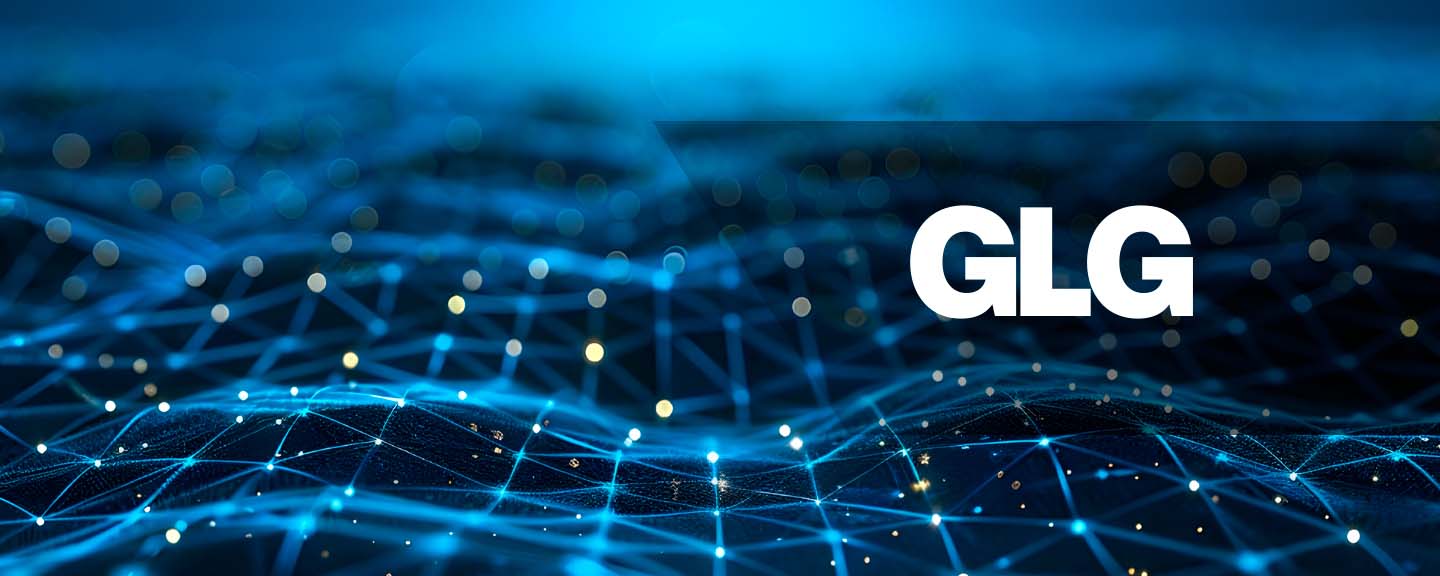 Market insights
How to Choose Experts Wisely: Vetting Criteria for High-Stakes Calls
Market insights
How to Choose Experts Wisely: Vetting Criteria for High-Stakes Calls
Expert network markets differ widely by geography, but the United States is unquestionably the largest - it accounts for roughly 55% of worldwide revenue and is predicted to reach a value of approximately US$1.8 billion in 2025.
Private equity's staggering post-pandemic recovery has led to greater demand for expert network consults, which has only been accelerated by new tech like AI and the need for specialized knowledge.
In this article, we explore the ins and outs of the US expert network market and take a closer look at its structure, regulatory peculiarities, compliance frameworks, and operational best practices.
U.S. expert network market structure
The U.S. expert sector is fairly diverse, driven by innovation, and shaped by a wide array of business models. Essentially, it can be divided into three different segments:
- Transaction-based networks are predominantly oriented towards hedge funds and corporate strategists. This target audience values immediate, high-caliber advice from C-suite veterans, often at rates of upwards of $5,000 per hour.
- Subscription platforms make up approximately a third of the market and focus on clientele among consulting firms and blue-chip corporates. They provide pretty much unlimited access to mid-tier specialists for hefty monthly fees.
- Then there are the hybrid models that blend AI-driven matching with human curation, a nod to the sector’s appetite for speed and precision.
Suggested reading: Top Private Equity Firms: Analysis, Insights, and Trends
SEC oversight and enforcement trends in expert networks
The U.S. Securities and Exchange Commission (SEC) has sharpened its focus on how investment advisers and private funds manage material non-public information (MNPI) by issuing new guidance and conducting targeted examinations that emphasized:
- The need for robust, tailored compliance programs that specifically address the risks associated with expert network engagements
- Alternative data sources
- and value-added investors.
Enduring compliance requirements
As a result, the expert network industry now operates under a stringent compliance framework shaped by the SEC’s 2013 insider trading crackdown, which exposed systemic vulnerabilities in handling MNPI.
Over the last decade, these standards have crystallized into three distinct pillars: real-time documentation, MNPI surveillance, and a cooling-off period:
- In 2013, the SEC mandated a very detailed record-keeping protocol to ensure that the non-public information is not misused.
Expert networks are now expected to "keep complete records of all expert consultations, including: expert name; client name; topic of discussion; questions/issues, if known; time and date of consultation(s); and the amount of fees paid by the network to the expert.”
- Material non-public information safeguards are central to expert network compliance. Platforms are required to incorporate measures that "mitigate risk of exposure to material non-public information by thoroughly vetting both industry experts and investment analysts conducting interviews."
Expert networks must address three critical concerns: the disclosure of non-public information, the sharing of information that is material to investment decisions, and the facilitation of any breach of fiduciary duty or contractual confidentiality obligations by experts participating in consultations.
- Expert networks are also required to implement cooling-off periods to prevent potential MNPI transfer from recent company insiders.
Industry compliance standards recommend that "no former federal legislative or executive branch government employee should consult within six months of leaving the government", which establishes a precedent for similar cooling-off periods for other sensitive roles.
Suggested reading: Navigating Legal Compliance for Healthcare Expert Networks
Sector-specific applications of expert networks in the U.S.
Expert networks have gradually become the scaffolding on which many businesses rely across a spectrum of industries. In some sectors, they have become the primary source of specialized knowledge, ranging from finance to pharmaceuticals and quantum computing.
The financial sector
- Investment firms represent a substantial segment where expert networks are widely used for knowledge transfer.
- Private equity firms leverage these networks to conduct due diligence, assess the viability of investment opportunities, and gain sector-specific knowledge before making investment decisions.
- Hedge funds rely on expert insights to gain real-time market insights, evaluate risk factors, and develop investment strategies in rapidly changing markets.
- Asset managers often leverage expert calls to stress-test their models and incorporate macroeconomic insights.
Healthcare and life sciences
Healthcare is among the industries that popularly leverage expert networks. Often, these are used to connect drug developers with regulatory, operational, and medical experts to optimize trial design and execution.
This was highly visible during the COVID-19 pandemic with the advent of telehealth adoption, whereby remote consults exploded by 766% in early 2020, creating new demand for remote care experts and digital health strategists.
Quantum research
Quantum computing is one of the most cutting-edge applications of expert networks. Companies like Cisco are leveraging quantum networking technologies to connect distributed quantum processors, aiming to scale systems from hundreds to millions of qubits.
Expert networks facilitate access to quantum physicists, photonics engineers, and algorithm developers who provide insights into hardware design, entanglement protocols, and real-world applications such as drug discovery and optimization problems.
For instance, Cisco’s quantum entanglement chip, developed in collaboration with UC Santa Barbara, operates at telecom wavelengths and room temperature, enabling practical deployment using existing fiber optic infrastructure.
These advances are being accelerated by partnerships with experts who can validate theoretical models and guide commercialization strategies.
AI and Cybersecurity Expertise
In AI development, firms use expert networks to access machine learning specialists and data scientists who can refine neural networks and ethical AI frameworks.
Cybersecurity teams consult former government analysts and ethical hackers through these networks to preempt vulnerabilities in critical infrastructure.
Conclusion
The U.S. expert network market has demonstrated resilience, and more than that - it's predicted to reach a value of US$1.8 billion in 2025. The sector's evolution reflects broader shifts in how businesses access specialized knowledge, particularly following regulatory reforms stemming from the SEC's 2013 enforcement actions.
While growth projections vary across industry reports, ranging from 7% to 8.5% annually, the underlying drivers of demand remain consistent: technological complexity, regulatory requirements, and the need for specialized expertise across sectors from healthcare to emerging technologies.
The industry's maturation is evident in its sophisticated compliance frameworks, particularly around material non-public information safeguards, which have improved institutional confidence. The sector's future trajectory will likely depend on its ability to balance regulatory compliance with technological innovation, particularly AI-driven matching platforms that promise greater efficiency in expert-client connections.



